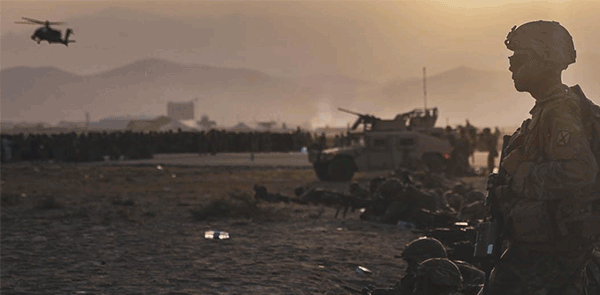|
Monday, Feb.28 // 11:30 a.m.–12:15 p.m. (ET)
The Wilson Center hosts Canada's Minister for International Trade, Export Promotion, Small Business and Economic Development, the Hon. Mary Ng, for a conversation on how inclusive trade can be realized in trade agreements and economic policy by both countries and provide a catalyst for a North American economic rebound after the pandemic.

Monday, Feb. 28 // 4–5:30 p.m. (ET)
An astonishing number of immigrants and their children—nearly 86 million people—now live in the United States. While many books look at how America has changed contemporary immigrants, One Quarter of the Nation examines how they have transformed America in profound and far-reaching ways that go to the heart of the country’s identity and institutions.

Tuesday, March 1 // 2:30–3:30 p.m. (ET)
Join us for a conversation with the Deputy Head of Mission of the British Embassy in Washington, Michael Tatham, about Britain’s position in the ongoing tensions between Russia and Ukraine, coordination within NATO, and potential sanctions.

Wednesday, March 2 // 9–10:15 a.m. (ET)
In this CEF webinar we will feature a discussion on the pioneering role of women-led NGOs that are advocating for top-down and bottom-up solutions to plastic waste challenges in Vietnam.

Wednesday, March 2 // 10:00 a.m.–12:00 p.m. (ET)
Against the background of Russia’s full-scale invasion of Ukraine, the destruction of Memorial now appears in a new light, the last in a series of moves by Putin to subjugate Russian civil society before commencement of war. In this roundtable, we will discuss what the destruction of Memorial will mean for the future of Russia.

Thursday, March 3 // 10–11:30 a.m. (ET)
In this event, we will consider European perspectives and responses to the war and consider how EU’s most vulnerable Eastern European members can protect themselves.

Friday, March 4 // 11:00 a.m.–12:30 p.m. (ET)
In his new book, Dr. Jeff Colgan unpacks the role that oil politics has played in the global order to illustrate that “the” liberal international order is actually made up of subsystems that operate individually and can undergo significant changes without upending international order. This fresh perspective on international order can inform more effective design of new international governing arrangements on topics ranging from climate change to peacekeeping, and nuclear proliferation to the global energy transition.

Friday, March 4 // 12–1:00 p.m. (ET)
In this discussion, Dr. Fix will, of course, address Russia’s recent decision to wider the war in Ukraine, the course of the war itself and the implications this conflict will have for Germany and for Europe. At the same time, this conversation will be a chance to take a step back and to think in historical and big-picture terms about German policy, getting behind the urgent and immediate headlines and at the same time illuminating these headlines.

|





